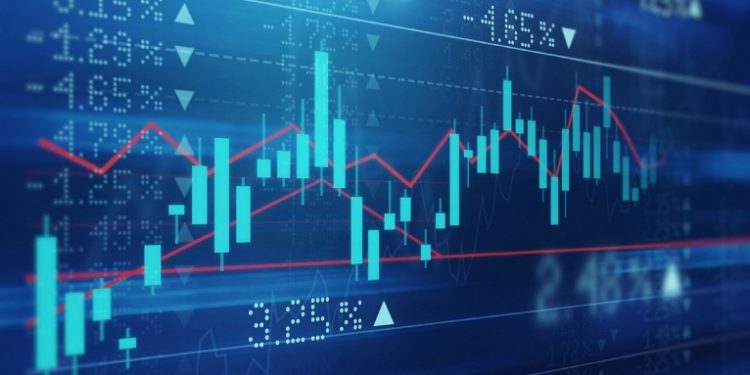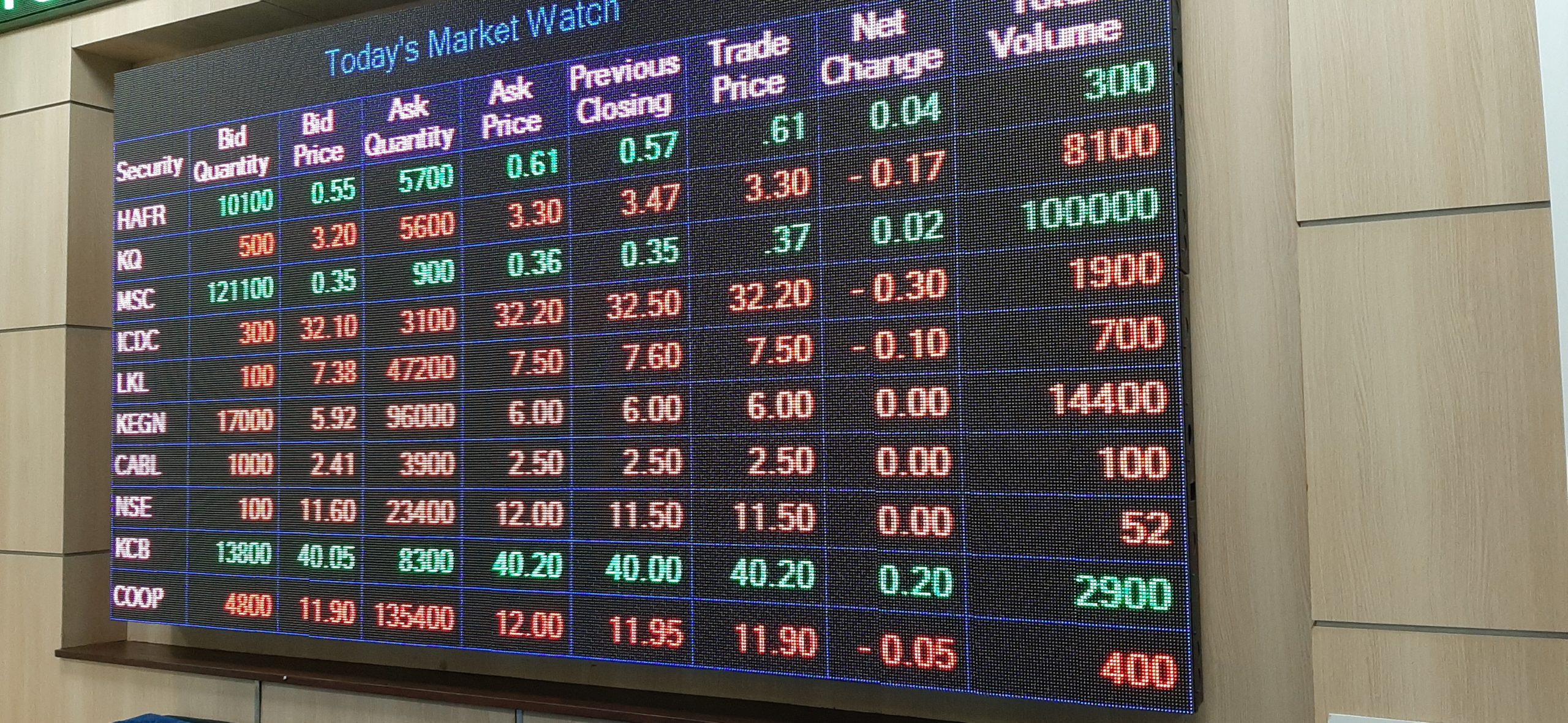Have you ever wondered what truly drives the price of shares in the stock market? If so, you’re not alone. Investors, traders, and even financial experts often grapple with this question. The reality is, there’s no single, definitive answer. Stock prices are influenced by a complex interplay of factors, and no one approach can fully predict market behavior. However, understanding some key drivers can help unravel the mystery behind price fluctuations.
At the core of stock price movements lies the fundamental economic principle of supply and demand. Much like any market, when the demand for a stock exceeds its available supply—meaning more people want to buy than sell—the price will rise. Conversely, if supply outpaces demand, with more sellers than buyers, the stock price is likely to fall. This basic principle sets the foundation for understanding stock price movements.
One of the primary reasons investors are drawn to a stock is the company’s financial health. Two critical metrics that influence stock prices are the price-to-earnings (P/E) ratio and earnings per share (EPS); The P/E ratio measures a company’s current share price relative to its per-share earnings. A high P/E ratio might indicate that investors expect strong future growth. EPS, on the other hand, is the portion of a company’s profit allocated to each outstanding share. Higher earnings typically lead to higher stock prices as investors anticipate future profitability. When a company shows steady growth, strong earnings, and positive future prospects, its stock becomes more attractive, driving up demand and pushing the price higher.
Beyond company fundamentals, market sentiment plays a crucial role in stock price fluctuations. Sentiment reflects the overall mood of investors. A bullish market, where optimism prevails, usually sees rising prices as more investors buy stocks. Conversely, a bearish market, driven by fear or pessimism, leads to falling prices as selling pressure increases. Investors closely watch market sentiment indicators to gauge when to buy or sell. Sentiment is often influenced by news, economic indicators, and broader market trends.
News, whether positive or negative, can dramatically impact stock prices. Positive announcements, such as strong earnings reports, a new product launch, or a successful merger, can boost investor confidence, driving up demand and stock prices. Conversely, negative news like corporate scandals, lawsuits, or increased competition can trigger a sell-off, driving prices lower. Even news that affects the overall economy, such as changes in interest rates, inflation reports, or geopolitical events, can impact market sentiment and, consequently, stock prices. This is why markets often react swiftly to breaking news
The broader economic environment is another key driver of stock prices. Factors such as GDP growth, inflation rates, and employment figures influence investor sentiment and stock performance. A strong economy generally supports higher stock prices as companies thrive and consumers spend more, increasing corporate profits. On the other hand, economic downturns or recessions can lead to falling stock prices.
Technical factors, including market trends and the performance of comparable companies (known as comparables), also play a role. Investors use these comparisons to evaluate whether a stock is under- or overvalued in relation to its peers, influencing their trading decisions.
Sometimes, stock prices are driven by incidental transactions, such as large purchases or sales made by institutional investors or funds. These actions can affect demand and supply in the short term, even if they’re not based on the intrinsic value of the stock. Additionally, some investors may have confidence in a stock’s future, despite short-term volatility, leading them to hold onto shares or buy more, thus influencing the stock p While the forces behind stock prices may seem complex, they ultimately boil down to the balance between demand and supply, influenced by a variety of factors like company performance, market sentiment, economic conditions, and news. Understanding these drivers can help investors make more informed decisions in an often unpredictable market. Whether you’re a seasoned trader or a newcomer to the stock market, keeping an eye on these factors can provide valuable insights into what moves stock prices and how to navigate the ever-shifting landscape of investing price over time.
While stock prices are primarily driven by the forces of demand and supply, a prudent investor must consider a wide range of other factors that influence the market. From economic trends to company performance and market sentiment, staying informed and vigilant is key to navigating the unpredictable nature of stock movements. The market can shift unexpectedly, and only those who pay close attention to these drivers will be well-positioned to seize opportunities and minimize risks.















